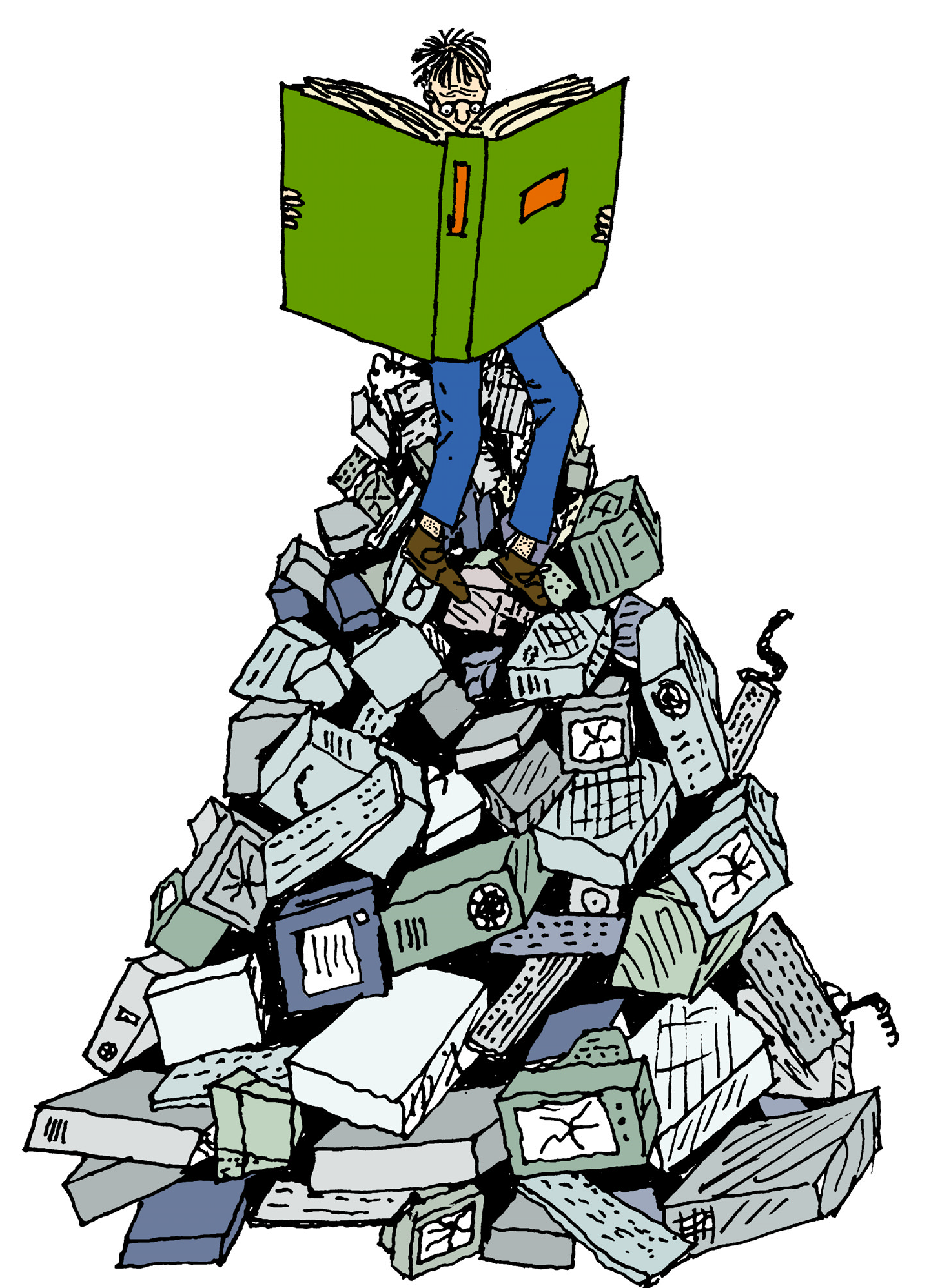In the course of my first year of teaching it occurred to me that all of these wonderful things the kids were learning about stories ought to be put to use, and I made them write their own short stories. It was an experiment I haven’t tried again, as such–I definitely think it a worthy endeavor, but the outcome left rather a lot to be desired. The naivete of the teacher allowed some references into certain stories (which were subsequently read aloud to the class) that should never have been mentioned in a well-regulated classroom. I did, however, gain some absolute gems from their brains.

One story had the protagonist in a bit of a slimy situation. As the student wrote, “I needed to get back to my palace, so I made like a banana and spitted.” I found the attempted use of a pun very admirable, but the actual wording made me wonder any number of things. For instance, did the banana impale itself on a spit? How would that help one get back to their palace? What does roast banana taste like anyway?
Another story involved trying to save a prized pet peacock from certain death by some illness or another. It was very touch-and-go for a while, as I recall. In fact, after the owner finally gets the right medication for his bird, he gets home only to find that “his peacock was lying on the flour.” The class was relieved to learn that he was in the nick of time to save the poor peacock. I just figured it was indicating its preferred method of cremation: breaded and fried. After all, a meal is usually involved in a memorial; I guess usually the deceased isn’t the one consumed, though. Seeing as how the bird didn’t die, I suppose this is one moral dilemma we are saved from having to resolve.

Each of the stories that didn’t involve something illicit or inappropriate was filled with tension and angst–I do work with teenagers. One student, trying to emphasize how worried she (or her protagonist) felt at a point of high tension in her story wrote, “her hart was pounding.” Oh goodness. My husband briefly owned a pet deer when he (and the deer) were very young, but I don’t know many people who have their very own hart (whether it pounds or not). That’s even more exotic than owning a peacock. But what, dear reader, was the hart pounding? That shall have to be another question for the ages; the author never revealed that answer.





